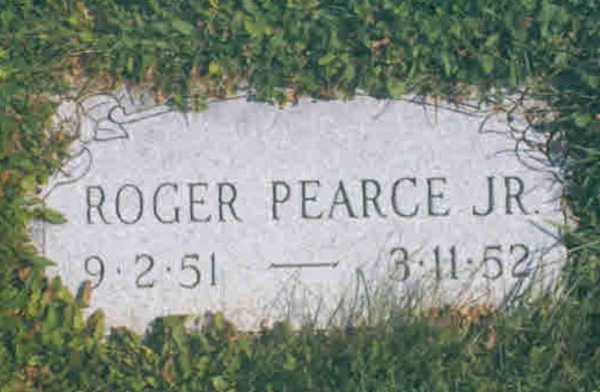Massive volunteer effort will help with Obama clemency proposal
The criminal defense bar is mobilizing volunteers to help prisoners serving long drug sentences petition for clemency in huge numbers.
In a move the New York Times described as unprecedented, the Justice Department announced in January that the president was inviting petitions for clemency—sentence commutations or pardons—from federal prisoners serving long sentences for drug crimes that were low-level and nonviolent. In April, the department announced the selection criteria: Offenders must have served at least 10 years of sentences that would be substantially lower if they were sentenced today. They must have no ties to organized crime, no significant criminal history, no history of violence and good conduct in prison.
Speaking to the New York State Bar Association in January, deputy Attorney General James Cole asked defense attorneys to help the Justice Department identify eligible prisoners. In response, a number of legal organizations have formed Clemency Project 2014, an umbrella organization coordinating the hundreds of volunteer attorneys expected to help out. The Tampa Tribune reported Monday that about 15,000 prisoner surveys have already been filled out, and the Bureau of Prisons expects another 15,000 before all prisoners are done.
That’s according to James Felman, an incoming co-chair of the ABA’s Criminal Justice Section and a leader of Clemency Project 2014. He told the ABA Journal that CP14, as it’s called for short, is an “informal coalition” including the criminal justice section, the ACLU, Families Against Mandatory Minimums, the Federal Defenders and the National Association of Criminal Defense Lawyers, which is lending office space to the effort. An NACDL press release from May 9 says Cynthia Roseberry, former federal defender for the Middle District of Georgia, was appointed as project manager. Separately, the Justice Department has asked U.S. Attorneys for help identifying candidates for clemency.
In mid-May, Felman said there were 400 to 500 volunteers. This week, he said CP14 is still soliciting volunteers. An online training for those volunteers is scheduled for early July. There’s no telling when the first prisoners will be released, but it’s likely to be done more quickly than the typical clemency petition, because clemencies have to be granted before President Barack Obama’s term ends in 2016.
The Justice Department’s move comes as there is increasing bipartisan interest in sentencing reform. The Fair Sentencing Act of 2010 reduced a disparity between crack and powder cocaine sentences that some felt was racist; Congress considered a bill this year to make it easier for prisoners to ask for retroactive application.
Interested attorneys may send email to .(JavaScript must be enabled to view this email address) for more information. FAMM has a Frequently Asked Questions Web page with details about eligibility and the process.
Updated at 8:19 p.m. to revise headline.



